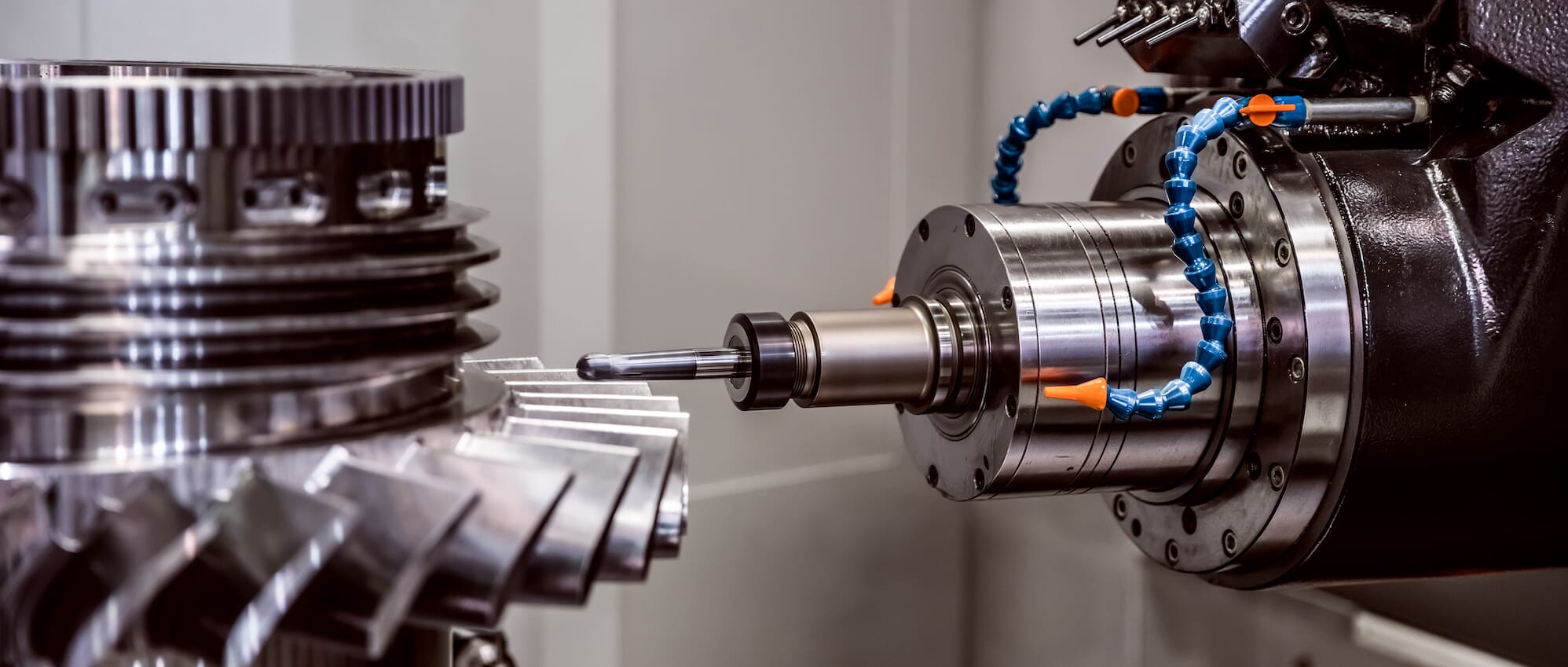The 3-Minute Rule for Alcast Company
The 3-Minute Rule for Alcast Company
Blog Article
The Buzz on Alcast Company
Table of ContentsGetting My Alcast Company To WorkThings about Alcast CompanyAlcast Company - An OverviewThe Facts About Alcast Company UncoveredThe Basic Principles Of Alcast Company The Single Strategy To Use For Alcast Company
Chemical Comparison of Cast Aluminum Alloys Silicon promotes castability by decreasing the alloy's melting temperature level and enhancing fluidness throughout casting. Furthermore, silicon adds to the alloy's stamina and put on resistance, making it important in applications where toughness is crucial, such as auto components and engine components.It likewise improves the machinability of the alloy, making it simpler to refine into finished items. In this method, iron contributes to the total workability of light weight aluminum alloys.
Manganese adds to the stamina of aluminum alloys and boosts workability (Aluminum Casting). It is commonly made use of in wrought aluminum items like sheets, extrusions, and profiles. The visibility of manganese aids in the alloy's formability and resistance to cracking throughout fabrication procedures. Magnesium is a light-weight element that provides stamina and impact resistance to light weight aluminum alloys.
Unknown Facts About Alcast Company
Zinc boosts the castability of light weight aluminum alloys and aids control the solidification procedure throughout spreading. It improves the alloy's strength and hardness.

The key thermal conductivity, tensile strength, yield strength, and elongation differ. Select ideal resources according to the efficiency of the target item produced. Among the above alloys, A356 has the greatest thermal conductivity, and A380 and ADC12 have the cheapest. The tensile restriction is the opposite. A360 has the best yield strength and the highest possible prolongation price.
The Buzz on Alcast Company

In accuracy spreading, 6063 is appropriate for applications where detailed geometries and premium surface area finishes are vital. Examples include telecommunication units, where the alloy's superior formability permits sleek and cosmetically pleasing layouts while maintaining architectural stability. In the Lighting Solutions market, precision-cast 6063 elements develop classy and efficient illumination fixtures that call for intricate shapes and great thermal performance.
The A360 displays superior prolongation, making it ideal for facility and thin-walled components. In precision casting applications, A360 is fit for sectors such as Customer Electronics, Telecommunication, and Power Tools.
The Basic Principles Of Alcast Company
Its unique properties make A360 a beneficial choice for accuracy casting in these markets, boosting product toughness and quality. Light weight aluminum alloy 380, or A380, is an extensively utilized casting alloy with numerous distinctive features. It provides superb castability, making it an optimal selection for precision casting. A380 displays excellent fluidness when molten, making sure detailed and detailed molds are precisely duplicated.
In accuracy spreading, aluminum 413 beams in the Customer Electronics and Power Tools sectors. This alloy's remarkable rust resistance makes it an outstanding choice for exterior applications, making sure lasting, durable products in the discussed industries.
The Definitive Guide for Alcast Company
When you have actually made a decision that the aluminum die casting procedure appropriates for your task, a vital following step is choosing one of the most ideal alloy. The light weight aluminum alloy you select will considerably affect both the spreading procedure and the buildings of the final product. Due to this, you must make your decision meticulously and take an informed approach.
Establishing one of the most suitable aluminum alloy for your application will mean weighing a broad range of attributes. These relative alloy attributes comply with the North American Pass Away Casting Association's guidelines, and we've divided them into two categories. The first category addresses alloy characteristics that influence the production procedure. The 2nd covers attributes influencing the residential or commercial properties of the end product.
The Buzz on Alcast Company
The alloy you pick for die casting directly affects a number of aspects of the casting procedure, like how very easy the alloy is to deal with and if it is vulnerable to casting problems. Warm splitting, also referred to as solidification cracking, is a normal die casting flaw for aluminum alloys that can lead to internal or surface-level splits or cracks.
Particular light weight aluminum alloys are extra vulnerable to hot fracturing than others, and your selection must consider this. An additional typical defect discovered in the die spreading of aluminum is pass away soldering, which is when the actors sticks to the die wall surfaces and makes ejection tough. It can harm both the cast and the die, so you need to seek alloys with high anti-soldering residential properties.
Corrosion resistance, which is already a noteworthy attribute of aluminum, can vary considerably from alloy to alloy and is an essential characteristic to think about relying on the ecological problems your product will certainly be revealed to (aluminum casting read the article manufacturer). Put on resistance is another building generally looked for in light weight aluminum items and can set apart some alloys
Report this page